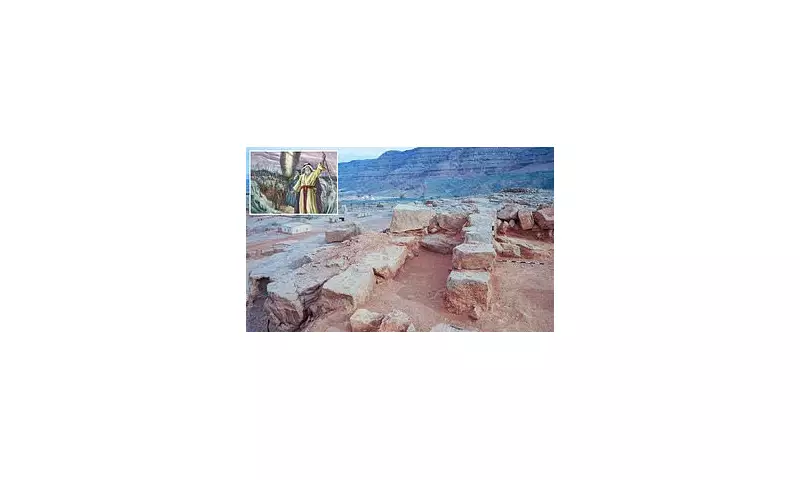
Archaeologists have made a stunning discovery in Egypt's Nile Delta that could rewrite our understanding of one of the Bible's most famous stories. Excavations at Tell el-Maskhuta have uncovered what appears to be an ancient military complex and workshop dating back to the purported time of Moses and the Exodus.
The Lost Workshop Revealed
During recent excavations, researchers unearthed a sophisticated facility that served multiple purposes. The site contained evidence of metalworking, textile production, and food storage on an industrial scale. What makes this discovery particularly compelling is its location and timing – precisely where and when biblical scholars believe the Israelites were enslaved in Egypt.
Military Complex or Slave Labour Camp?
The facility's layout suggests it was more than just a simple workshop. Archaeologists found:
- Advanced metalworking stations capable of producing weapons and tools
- Large-scale textile operations with evidence of fabric production
- Storage facilities that could have supplied a significant workforce
- Administrative buildings indicating centralised control
Dating the Discovery
Carbon dating places the workshop's active period between the 16th and 11th centuries BC – the exact timeframe when biblical chronology places Moses and the Israelite slavery in Egypt. This temporal alignment has researchers particularly excited about the potential connections to Exodus narratives.
Biblical Parallels
The Book of Exodus describes the Israelites being forced into labour, building storage cities for Pharaoh. The newly discovered complex bears striking similarities to these descriptions, including:
- Evidence of organised, large-scale production
- Facilities designed for specialised crafts
- Location in the eastern Nile Delta region
- Dating consistent with biblical timelines
Archaeological Significance
While archaeologists caution against jumping to conclusions, the discovery represents one of the most significant potential links between archaeological evidence and biblical narratives ever found in Egypt. The scale and nature of the operation suggest it was state-sponsored and involved substantial manpower.
Dr James Hoffmeier, a leading biblical archaeologist not involved in the excavation, commented: "Findings like this don't prove the Exodus story word for word, but they provide the historical and cultural context that makes the biblical narrative plausible. We're seeing evidence of exactly the kind of operations described in Exodus."
Ongoing Research
Excavations continue at the site, with researchers hoping to uncover more evidence about who worked there and under what conditions. Additional findings could provide even stronger connections to the biblical account of Israelite slavery in Egypt.
This discovery challenges previous scepticism about the historical basis of the Exodus story and opens new avenues for understanding the relationship between archaeological evidence and ancient religious texts.





